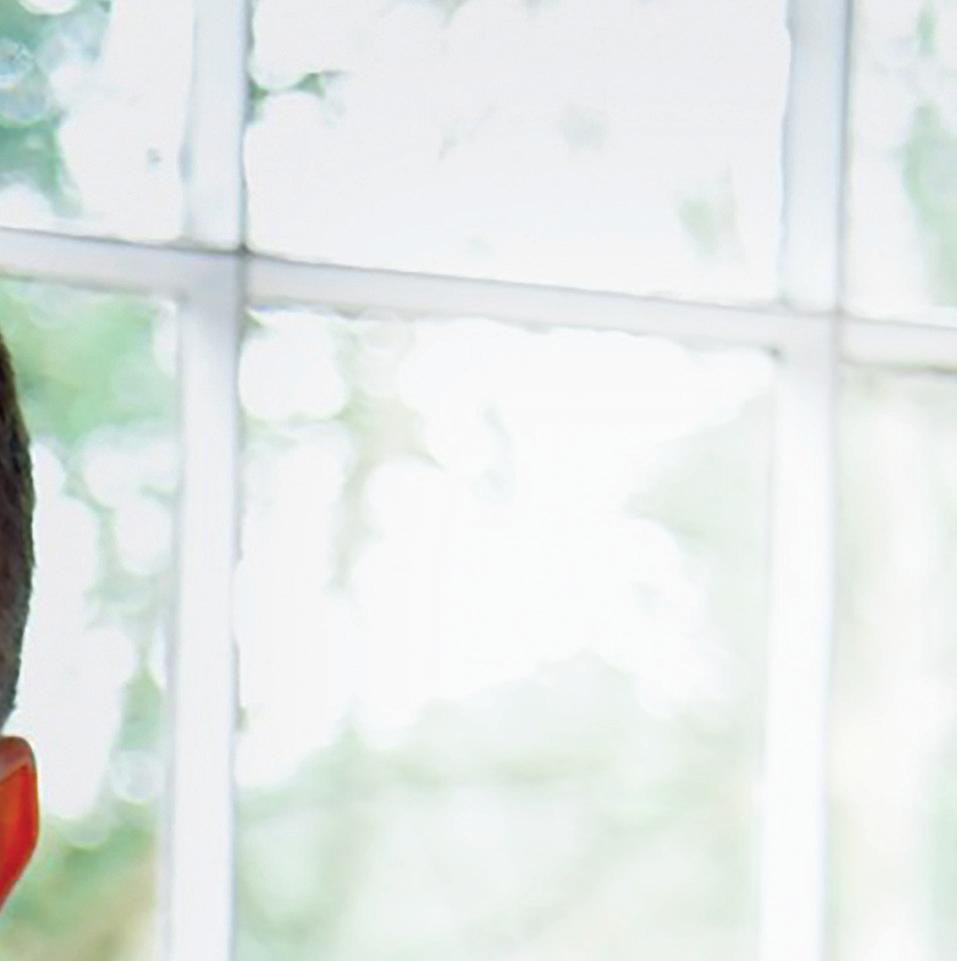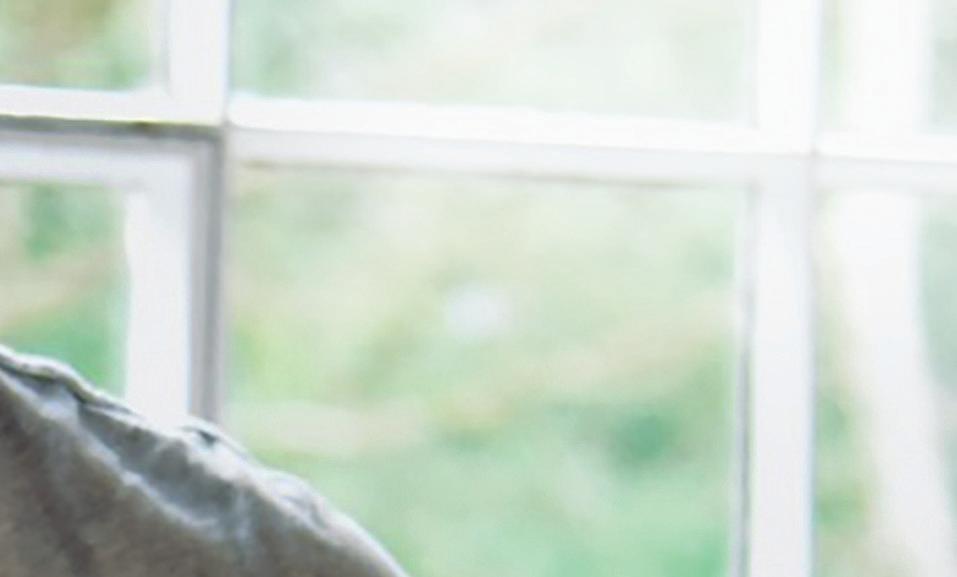
3 minute read
WHEN IN ROME BOXES OUT SUCCESS
A game-changing deal with Sainsbury’s will help wine importer’s growth
A wine importer is targeting significant growth this year thanks to securing a gamechanging deal with Sainsbury’s which will see the company’s Italian boxed wine and its wine in paper bottles (yes really), on the supermarket’s shelves.
When in Rome, which has its head o ce in Worcestershire, a major warehouse in Gloucestershire and supplies Waitrose, Ocado and a string of British independent wine retailers, is also crowdfunding to grow the business.
Last year the business turned over more than £1 million. This year it’s likely to hit £3 million thanks not only to the Sainsbury’s deal, but also to new link-ups with corporate wines and spirits supplier Enotria & Co and a growing customer base in Hong Kong, Taiwan and Japan.
The business was launched in 2015 by former foreign exchange trader Rob Malin and his two Italian co-founders, who all met in Turin.
What sets When in Rome apart from other wine importers, however, is a determination to help the wine industry radically cut its carbon footprint.
Rob said: “Almost 40 per cent of the global wine industry’s CO2 emissions come from using single-use glass bottles. Our one ambition, our over-riding key performance indicator, is to reduce the wine industry’s carbon footprint.
“Rosé wine is sold in clear glass bottles. Because all glass, whatever its colour, is recycled together it can’t be turned back into clear wine bottles and is more likely to end up as road aggregate.
“All the composite parts of our wine boxes, and our paper wine bottles, are recyclable, and despite them having plastic liners, they still produce six times less CO2 than their glass equivalents.” fermentation,” said Rob. “Capturing carbon dioxide created during fermentation is a powerful way for the wine industry to help reduce climate change.”
Rob saw that selling wine in boxes could be a major step forward.
This isn’t a new concept of course, wine bags in boxes have been around since the 1980s. First introduced in Australia, the early boxes often contained poor quality wine with a short shelf life. But the quality has improved significantly since then and the format has been widely adopted in Italian restaurants because it’s cheaper.
Some of the company’s wine producers are also looking at regenerative agriculture.
Rob explains: “A Tuscan vineyard looks beautiful, but what you see is a mono crop. That’s not sustainable.
“We are starting to work with producers in the lesser-known wine producing areas of Italy, encouraging them to allow vegetation growth between the vines because that’s how a plant should grow.”
Rob admits that this has cost implications for the producer. “It’s much harder to harvest and doesn’t look as pristine but the moisture retention and yield is higher for the grower. These are the sort of things our producers need to be doing.”
When in Rome is also looking at agri-solar. “In the UK our lack of sunshine means that we have to dedicate huge fields to solar panels. In Italy, fewer solar panels produce more electricity. Thin motorised solar panels can also cover vines, pivoting to protect them when the sun is at its hottest, or from late season frost or hail.”
He said: “I got to know the wine industry well when I lived in Italy, and after returning to work in the UK, it didn’t take me long to decide it was time for a career change.”
When in Rome buys from independent wine producers and co-operatives. Rob’s co-founders, both based in Milan, manage the supply side while Rob drives sales and expansion from the UK.
“You won’t see boxes of wine on an Italian restaurant table, but you will see carafes – and those carafes will have been decanted from boxes, rather than the traditional glass demijohns," explained Rob.
Having successfully introduced sustainable packaging to its range, When in Rome is now working with wine producers on their supply chains.
“We want to address such issues as carbon capture from grape
Rob is ambitious for the business “We have a lot to o er in terms of the wine producers we work with and the brand we have built. The top boxed wine brands in the USA achieve $200 million revenue a year.
“We are every bit as good, if not better, than them. The global market for boxed wine is huge, and we have a very scalable business model. Moving a 1,000 litre or 24,000 litre container of wine makes a huge di erence to our turnover, but there is little di erence in the amount of paperwork needed to achieve it.”










